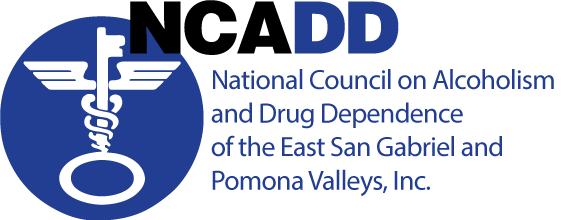NCADD ESGPV Blog
All about Medications for Opioid Use Disorder—In One Place
In the face of our national opioid crisis communities across the United States are taking notice and taking action. They’re proactively addressing opioid misuse, opioid addiction, and overdose deaths by distributing naloxone nasal injectors to counteract overdoses, contriving ways to move individuals treated for overdoses directly into treatment, and making treatment for opioid use disorder (OUD) more accessible.
Treatment for OUD has several potential components, one of which is use of three FDA-approved OUD medications: Methadone, buprenorphine, and naltrexone. Use of medication to treat opioid addiction has been controversial since the 1960s when methadone was first shown to help individuals addicted to heroin.
But controversy is being replaced with acceptance as OUD medications are increasingly recognized as a potent tool to combat the opioid crisis. Treatment Improvement Protocol (TIP) 63 released by the Substance Abuse and Mental Health Services Administration (SAMHSA) in February 2018, Medications for Opioid Use Disorder, is an authoritative summary of where we stand that follows the established TIP formula of balancing scientific research with input from a consensus panel.
Here are some statements from TIP 63 (with selected page numbers):
OUD medications reduce illicit opioid use, retain people in treatment, and reduce risk of opioid overdose death better than treatment with placebo or no medication. (ES-13) This doesn’t mean that remission and recovery occur only through medication. (ES-2) Patients taking medication for OUD are considered to be in recovery. (ES-3, 1-2) Discussing medications that can treat OUD with patients who have this disorder is the clinical standard of care. (3-5) Doses and schedules of pharmacotherapy must be individualized. (ES-5, 3-i) Patients should decide whether to taper off or discontinue pharmacotherapy with the support of their healthcare professional and, if applicable, their addiction or mental health counselor, family, and peer recovery supports. (3-88) Medical management should not end when patients taper off of medication. (3-89)Medication suits the needs of many individuals with OUD but not all. Research demonstrates that the odds of sustained recovery are higher with medication and that medications are underutilized; so medication should be a routine consideration, just not a mandate.
Insisting on medication when it’s not needed imposes unnecessary inconvenience, expense, risk of side effects, and risk of overconfidence that might lead patients to underuse interpersonal and spiritual supports for recovery. Withholding medication invites harm to those individuals with OUD who lack enough traction to move forward without it.
TIP 63 can be ordered free from SAMHSA. Links to other useful resources are included throughout the volume, so a download of the full document may be handier.
The NCADD Addiction Medicine Update provides NCADD Affiliates and the public with authoritative information and commentary on specific medical and scientific topics pertaining to addiction and recovery.
When you subscribe to the blog, we will send you an e-mail when there are new updates on the site so you wouldn't miss them.


Comments